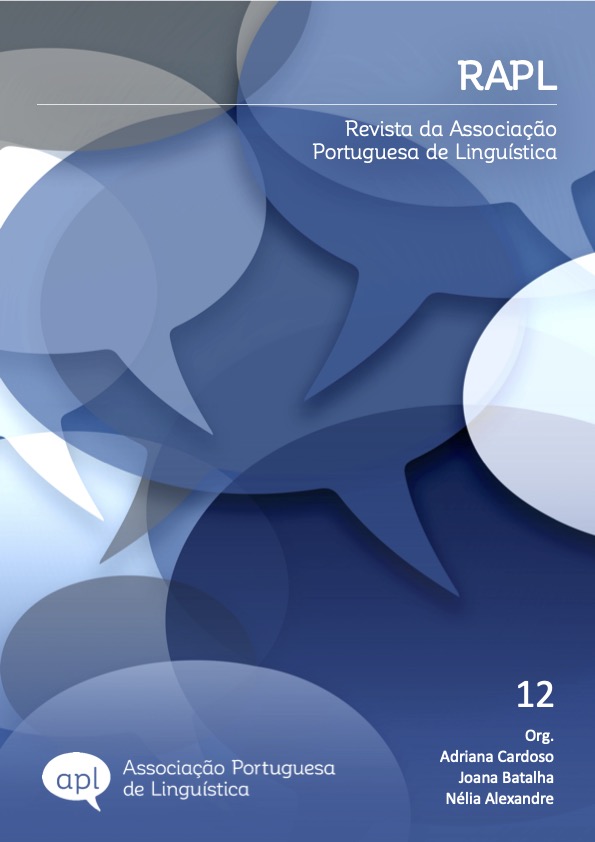Language variation in the classroom: pre-service and in-service teachers’ beliefs
DOI:
https://doi.org/10.26334/2183-9077/rapln12ano2025a3Keywords:
teachers’ beliefs, language variation, pluricentric language, Brazilian variety of Portuguese, African varieties of PortugueseAbstract
The number of students speaking African and Brazilian varieties of Portuguese has increased in Portuguese schools in recent years. The issues raised by learning contexts in which these varieties coexist motivate research on knowledge, values and pedagogical practices on language variation, framed by studies of teachers' beliefs in different languages. This article contributes to a characterization of the predominant beliefs of pre-service and in-service teachers regarding language variation in the classroom. More specifically, the aim of the study is to compare pre-service and in-service teachers' beliefs in the following dimensions: (i) knowledge about language variation; (ii) impact of the use of different varieties of Portuguese in the classroom; (iii) teaching practices on language variation. The study is based on a quantitative analysis of the responses of 56 pre-service teachers and 40 in-service teachers to a Likert-scale questionnaire. The results of the study globally show teachers' positive beliefs on language variation. Significant differences between pre-service and in-service teachers and some contradictions point to the urgency of further research to support a linguistically and culturally responsive pedagogy.Downloads
Downloads
Published
How to Cite
Issue
Section
License
Copyright (c) 2025 Joana Batalha, Adriana Cardoso, Ana Luísa Costa, Sónia Rodrigues, Isabel Sebastião

This work is licensed under a Creative Commons Attribution-NonCommercial-ShareAlike 4.0 International License.
Authors retain copyright and concede to the journal the right of first publication. The articles are simultaneously licensed under the Creative Commons Attribution License, which allows sharing of the work with an acknowledgement of authorship and initial publication in this journal.
The authors have permission to make the version of the text published in RAPL available in institutional repositories or other platforms for the distribution of academic papers (e.g., ResearchGate).




